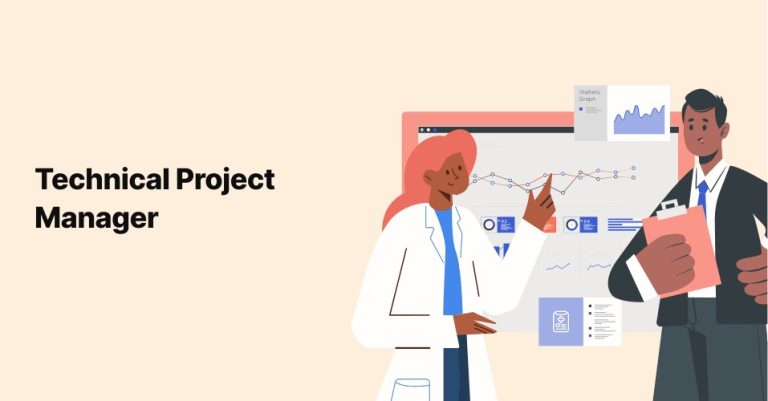Tech and Human Rights: A Growing Conversation
The relationship between technology and human rights has always been a complex and evolving one. For decades, advancements in technology were largely celebrated for their potential to enhance human capabilities, democratize access to information, and foster global connectivity. The rise of the internet, social media, and mobile communication platforms provided unprecedented avenues for freedom of expression, assembly, and access to knowledge, empowering activists and amplifying marginalized voices around the world. However, as technology has matured and become deeply embedded in nearly every facet of our lives, a crucial and increasingly urgent conversation has emerged: how do these powerful tools, particularly in the hands of states and corporations, impact our fundamental human rights?
This growing conversation is fueled by a stark realization: the very technologies designed to connect and empower can also be weaponized to surveil, control, and discriminate. The rapid proliferation of artificial intelligence (AI), advanced surveillance systems, and data analytics has brought to the fore profound ethical dilemmas that challenge traditional notions of privacy, equality, and even the right to self-determination.
One of the most prominent areas of concern is the **right to privacy**. In an increasingly data-driven world, almost every digital interaction leaves a trace. Our smartphones, smart home devices, and online platforms collect vast amounts of personal data, often without our full understanding or explicit consent. This data, when aggregated and analyzed, creates incredibly detailed profiles of our behaviors, preferences, and even our emotional states. While corporations use this for targeted advertising and personalized services, governments can leverage it for mass surveillance, raising alarms about the erosion of anonymity and the potential for a “chilling effect” on free expression. The mere knowledge of being constantly monitored can lead to self-censorship, subtly undermining democratic freedoms. In Germany, for instance, robust data protection laws aim to safeguard privacy, but the sheer volume and intricacy of modern data flows continue to present a challenge for effective oversight.
Furthermore, the rise of **Artificial Intelligence** has introduced a new layer of complexity, particularly concerning the right to non-discrimination and algorithmic bias. AI systems are increasingly used in high-stakes decision-making processes, from loan applications and hiring to criminal justice and predictive policing. However, these algorithms are often trained on historical datasets that may reflect existing societal biases and systemic discrimination. If an algorithm learns from biased data, it can perpetuate and even amplify those biases, leading to discriminatory outcomes for certain groups, often those already marginalized. For example, facial recognition systems have been criticized for misidentifying individuals from minority communities at higher rates, potentially leading to wrongful arrests or disproportionate scrutiny. Ensuring fairness and preventing discrimination in AI systems requires meticulous attention to data quality, algorithmic design, and robust ethical guidelines, as underscored by the European Union’s pioneering AI Act.
The conversation also extends to the **right to freedom of expression and access to information**. While social media platforms have been instrumental in facilitating communication and activism, they also wield immense power as gatekeepers of information. Their content moderation policies, algorithmic amplification, and decisions about what content is visible can inadvertently or intentionally silence certain voices, spread misinformation, or even incite violence. The challenge lies in balancing the need to combat harmful content with the protection of free speech, especially in a global context where definitions of “harmful” can vary significantly. Moreover, the increasing consolidation of digital power in the hands of a few tech giants raises concerns about monopolies that could restrict access to information or dictate the terms of online discourse.
Beyond these fundamental rights, technology impacts other human rights as well. The **future of work** is being reshaped by automation and AI, leading to questions about the right to work, fair wages, and social security in an evolving economy. The “gig economy,” facilitated by digital platforms, offers flexibility for some but can also lead to precarious working conditions and a lack of traditional employee benefits, challenging established labor rights. Furthermore, the **digital divide**—the gap between those who have access to technology and those who do not—exacerbates existing inequalities, hindering access to education, healthcare, and economic opportunities for significant portions of the global population.
In response to these growing concerns, the conversation around tech and human rights has gained significant momentum across various sectors. Governments, civil society organizations, academics, and even the tech industry itself are engaging in dialogues about responsible innovation, ethical AI, and the need for stronger regulatory frameworks. Initiatives like the United Nations’ Business and Human Rights Guiding Principles are being applied to the tech sector, pushing companies to conduct human rights due diligence throughout their operations. The EU’s comprehensive regulatory approach, exemplified by GDPR, the Digital Services Act (DSA), the Digital Markets Act (DMA), and the AI Act, serves as a prominent example of a proactive effort to legislate a human-centric digital future.
Ultimately, the goal of this burgeoning conversation is not to stifle technological progress but to ensure that technology serves humanity responsibly, upholding fundamental rights and fostering a just and equitable society. It requires a collaborative effort to develop ethical guidelines, implement robust governance mechanisms, promote transparency in algorithmic decision-making, and empower individuals with greater control over their digital lives. As technology continues its relentless march forward, the commitment to embedding human rights at its core will be crucial in determining whether the digital age leads to a more liberated and inclusive world, or one where convenience comes at the cost of our most fundamental freedoms.







